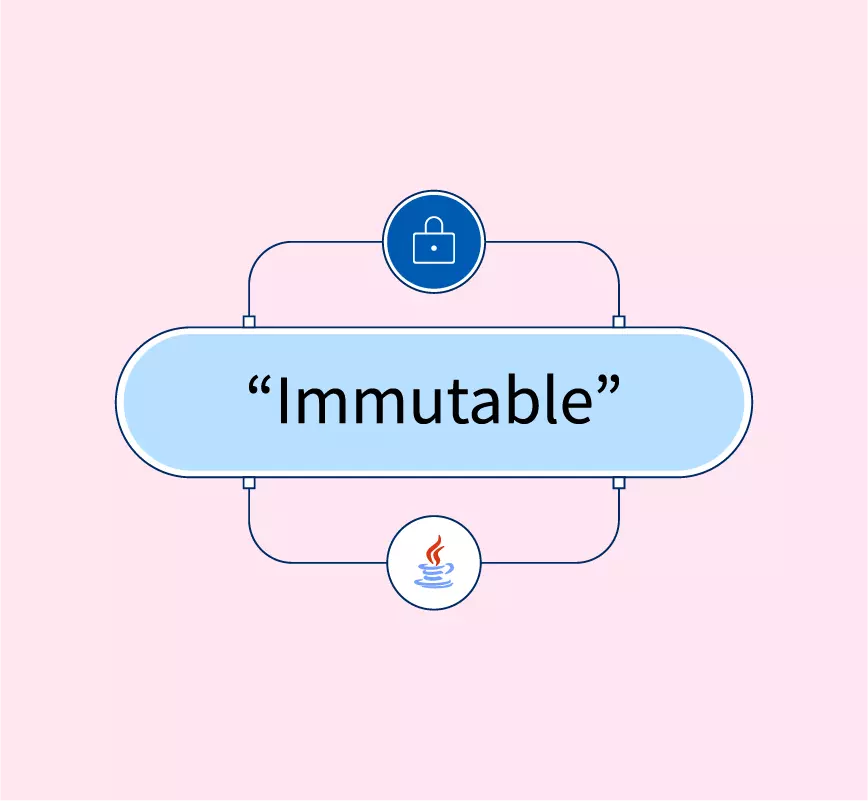What Is Unalterable Strings and Exactly How It Functions
In the world of programming, recognizing the idea of immutable strings is extremely important for creating durable and safe and secure applications. Unalterable strings describe strings that can not be modified after they are developed, guaranteeing data integrity and predictability within the code. This fundamental principle plays a crucial duty in numerous programs languages and provides a distinct strategy to taking care of data. By exploring the complexities of how immutable strings operate, one can reveal a globe of advantages and opportunities that can boost the high quality and efficiency of software advancement.
The Essentials of Unalterable Strings
Unalterable strings, as an essential concept in programs, are personality series that can not be changed as soon as they are produced. This means that when a string is assigned a value, that worth can not be modified. In languages like Python and Java, strings are immutable things, causing different implications in regards to memory management and information honesty.
One of the vital advantages of unalterable strings is that they supply a sense of safety and security in data manipulation. Given that the content of an immutable string can not be customized, it guarantees that the original data continues to be intact, reducing the danger of unintentional changes during program implementation (Why are strings immutable in Java?). This residential property additionally simplifies debugging processes, as designers can rely on that when a string is specified, its worth will not be accidentally altered
Additionally, unalterable strings help with effective memory use. When a new string is produced based upon an existing one, instead of modifying the original string, the new value is saved individually. This strategy boosts performance by decreasing memory fragmentation and streamlining memory allowance procedures. Generally, recognizing the fundamentals of unalterable strings is important for grasping programs ideas and optimizing code efficiency.
Advantages of Immutable Strings
Building upon the protection and efficiency advantages of immutable strings, their advantages prolong to improving code dependability and streamlining concurrent programming jobs. By being immutable, strings can not be modified after production, which eliminates the danger of unintended modifications in the data they store. This fundamental immutability guarantees that as soon as a string is produced, its value remains continuous throughout the program's execution, minimizing the possibilities of bugs brought on by unexpected alterations.
In addition, unalterable strings add to code integrity by making it less complicated to reason regarding the state of a program. Because strings can not be transformed, designers can trust that a string will constantly hold the exact same value, simplifying debugging and upkeep initiatives. This predictability results in extra steady and dependable codebases.

Execution in Programs Languages
Within different shows languages, the unification of immutable strings is a fundamental element that influences how data is managed and manipulated within code structures. The execution of immutable strings differs throughout various programs languages, with each language supplying its own mechanisms to support this principle.

On the other hand, languages like C and C++ do not have built-in support for unalterable strings. Programmers in go right here these languages have to manually carry out immutability by applying policies within their code to prevent direct adjustments to string objects.
Ideal Practices for Dealing With Unalterable Strings
When handling unalterable strings in shows try this languages like Java and Python, sticking to best techniques makes certain protected and reliable information adjustment. Among the key ideal practices is to utilize StringBuilder or StringBuffer instead of directly manipulating strings, especially when taking care of extensive concatenation operations. These courses offer mutable alternatives for string control, assisting to prevent unnecessary memory allowances and boosting performance.
Another finest technique is to use string interpolation or formatting works given by the language as opposed to hands-on concatenation. This not just boosts readability but likewise aids in stopping typical challenges such as unintentional string modifications. In addition, when functioning with delicate information such check my reference as passwords or API secrets, it is essential to avoid keeping them as ordinary text in immutable strings. Using safe storage space systems like char selections or specialized collections for managing delicate details assists minimize protection dangers connected with immutable strings.
Real-world Applications and Instances
Checking out sensible implementations of unalterable strings in different sectors exposes their substantial influence on data honesty and system integrity. In the healthcare sector, unalterable strings play a vital role in making sure the safety and security and privacy of patient data. By stopping unauthorized alterations to delicate info such as clinical records and prescriptions, unalterable strings assist preserve conformity with stringent personal privacy laws like HIPAA.
Financial establishments also gain from the unalterable nature of strings to improve the protection of customer data and deal records. Unalterable strings help protect against fraudulence and unauthorized changes to monetary info, giving a durable defense against cyber risks and making sure the trust fund and confidence of customers.

Final Thought
Ideal practices for functioning with unalterable strings consist of staying clear of direct modifications and utilizing approaches that return brand-new string objects. Real-world applications of unalterable strings consist of information security, caching, and string manipulation tasks.
Immutable strings refer to strings that can not be modified after they are created, making sure data integrity and predictability within the code. When a new string is developed based on an existing one, instead than modifying the initial string, the new value is stored separately.In languages like Java and Python, strings are immutable by default, meaning that when a string object is created, its value can not be transformed - Why are strings immutable in Java?. Best techniques for working with immutable strings include avoiding straight alterations and using techniques that return new string things. Real-world applications of unalterable strings consist of information encryption, caching, and string control tasks